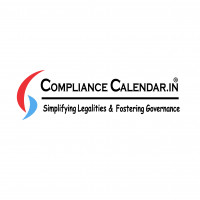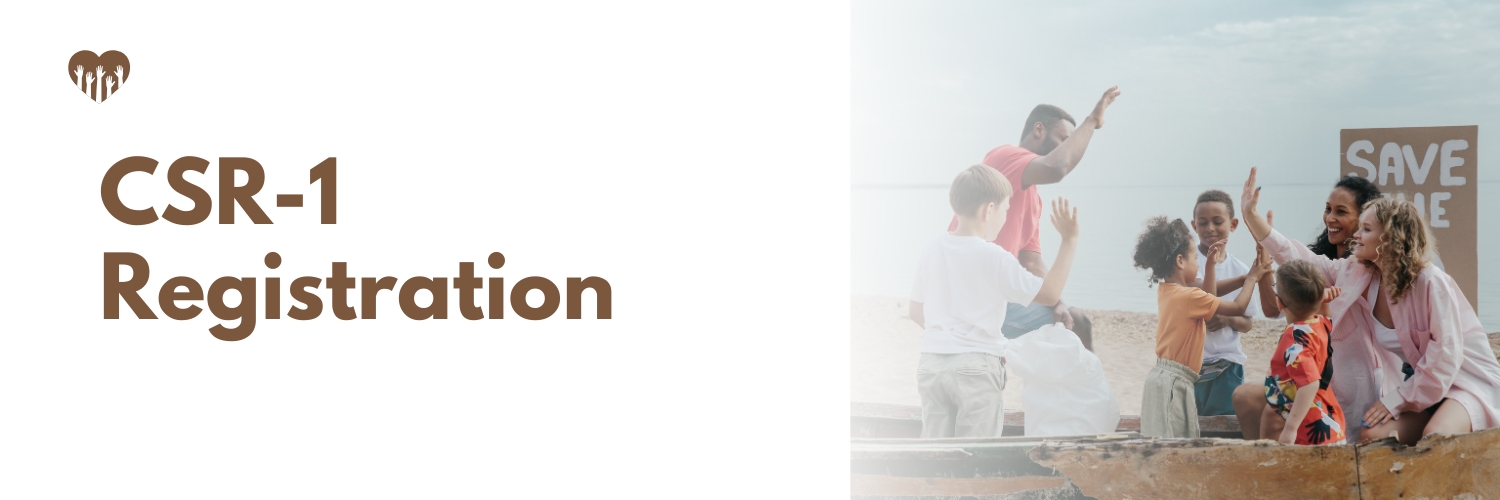Common Mistakes in Section 8 Company Registration

Strong 8k brings an ultra-HD IPTV experience to your living room and your pocket.
A Section 8 Company Registration is a non-profit organization in India registered under the Companies Act, 2013, formed for promoting charitable objectives like education, arts, science, sports, or social welfare. Unlike regular companies, a Section 8 Company does not aim for profit distribution and must reinvest its earnings to further its goals.
Why Choose a Section 8 Company for NGO Work
This structure is highly regarded due to its legal credibility, transparency, and eligibility for CSR funding. Many corporates prefer to partner with section 8 companies for their CSR initiatives due to their strong regulatory framework.
Importance of Proper Section 8 Company Registration
Legal and Financial Advantages
When you follow the correct section 8 company registration process, your organization enjoys several benefits:
• Tax exemptions (post 12A & 80G registration)
• Access to CSR funds
• Public trust and donor confidence
• Better governance under company law
CSR Eligibility and Government Recognition
To be eligible for CSR-1 Registration, an NGO must be registered under Section 8 (or as a trust/society). Improper registration can lead to rejection and delay in tapping CSR opportunities.
Section 8 Company Registration Process – A Quick Overview
Here’s a brief look at the section 8 company registration process:
• Name Reservation via SPICe+ Part A
• Prepare MOA and AOA
• Apply for License using Form INC-12
• File SPICe+ Part B with Linked Forms
• Obtain PAN, TAN, and CIN
Key Documents Needed
• PAN, Aadhaar, and Address Proof of Directors
• Registered Office Proof
• MOA, AOA, and Digital Signatures
• NOC from Landlord (if rented office)
• Board Resolution and Declarations
Common Mistakes in Section 8 Company Registration
Let’s explore some of the most frequent errors that can delay or derail your registration:
1. Choosing the Wrong Type of Entity
Many applicants mistakenly register as a private limited or trust without understanding the benefits and purpose of a section 8 company. This leads to restructuring or re-registration later.
2. Incomplete Documentation
Failure to provide valid identity proofs, address documents, or notarized affidavits can result in outright rejection of your application by the Registrar of Companies (ROC).
3. Ambiguous Objectives in MOA
The Memorandum of Association (MOA) must clearly reflect charitable purposes. Vague or profit-oriented objectives can lead to license rejection under Form INC-12.
4. Invalid or Expired Digital Signatures
Digital Signature Certificates (DSCs) of directors must be active and valid. Submitting forms with expired DSCs results in processing errors or failed submissions.
5. Not Reserving a Unique Company Name
If the proposed name closely resembles an existing company or lacks relevance to your objectives, ROC may reject it, delaying the process further.
6. Delayed Filing or Submissions
Not adhering to timelines for document submission or form resubmission can result in the process lapsing, forcing you to start over.
Mistakes in Director and Subscriber Details
Incorrect PAN and Address
Even a single mismatch in PAN details or residential address can lead to application rejections.
Unverified DIN
Each director must have a valid and approved Director Identification Number (DIN). Skipping DIN approval before form filing causes unnecessary hold-ups.
Errors in MOA and AOA Drafting
Lack of Clarity in Objectives
The MOA should align with Section 8 purposes like education, healthcare, or social welfare. Unclear language can trigger objections from the ROC.
Not Following Format and Legal Language
The Articles of Association (AOA) must follow the prescribed format under the Companies Act. Using incorrect templates often leads to rejections.
Overlooking Section 8 License Requirements
Missing Form INC-12 Submission
Many applicants skip or delay filing Form INC-12, which is mandatory to obtain the Section 8 license. This mistake halts the registration flow.
Confusion with Other NGO Structures
Applicants often get confused between trusts, societies, and section 8 companies, leading to registration under an unintended legal form.
Not Appointing Professional Help
Without assistance from a company secretary, CA, or legal advisor, you risk:
• Filing incorrect forms
• Skipping mandatory steps
• Facing unnecessary rejections or delays
Having a professional guide ensures that your section 8 company registration process is smooth, complete, and compliant.
Consequences of Mistakes in Section 8 Company Registration
• ROC Rejections: Costing time, effort, and fees
• Ineligibility for CSR Funds: Without proper registration, you can’t apply for CSR-1, 12A, or 80G
• Re-registration Hassles: Once rejected, you may need to restart from scratch
• Delay in Launching NGO Operations
How to Avoid Common Mistakes
Checklist for Accuracy
• Verify all personal and company details before submission
• Double-check MOA objectives for clarity
• Ensure DSCs and DINs are valid
• Reserve a unique, relevant company name
Use Professional Registration Services
Experts understand the compliance and help navigate legal formalities, avoiding costly delays and errors.
Post-Registration Compliance for Section 8 Companies
Once your section 8 company is registered, you must maintain:
• Annual ROC Filings (AOC-4, MGT-7)
• Accounting Records and Audits
• Board Meetings and Resolutions
• Renewals for 12A, 80G, and FCRA (if applicable)
Conclusion
Section 8 company registration offers immense opportunities for NGOs seeking legal recognition, donor trust, and CSR funding. However, the registration process is and demands attention to detail. From documentation errors and MOA drafting issues to form-filing mistakes, even minor oversights can lead to major delays or rejections. By making the common mistakes in Section 8 company registration and taking proactive steps, you can ensure a smooth, timely, and successful registration. Always consider engaging professionals who understand the section 8 company registration process and stay compliant post-registration to fully leverage the benefits this structure offers.
Note: IndiBlogHub features both user-submitted and editorial content. We do not verify third-party contributions. Read our Disclaimer and Privacy Policyfor details.







